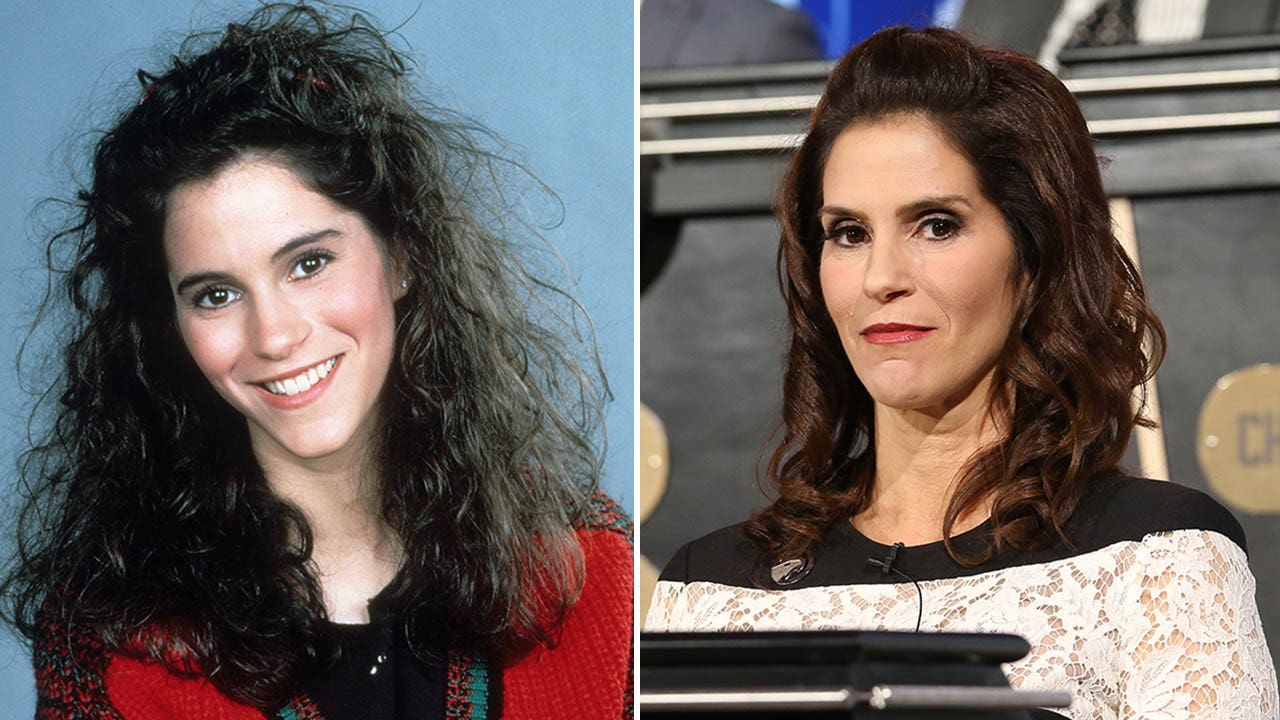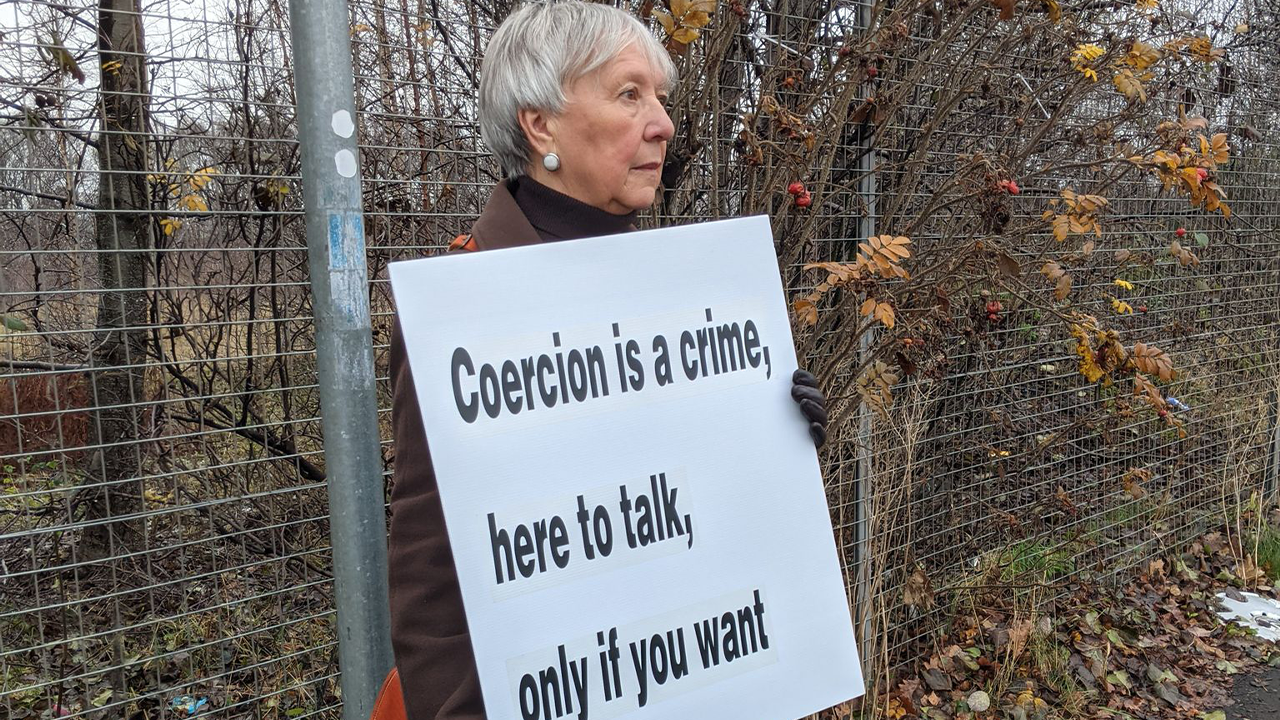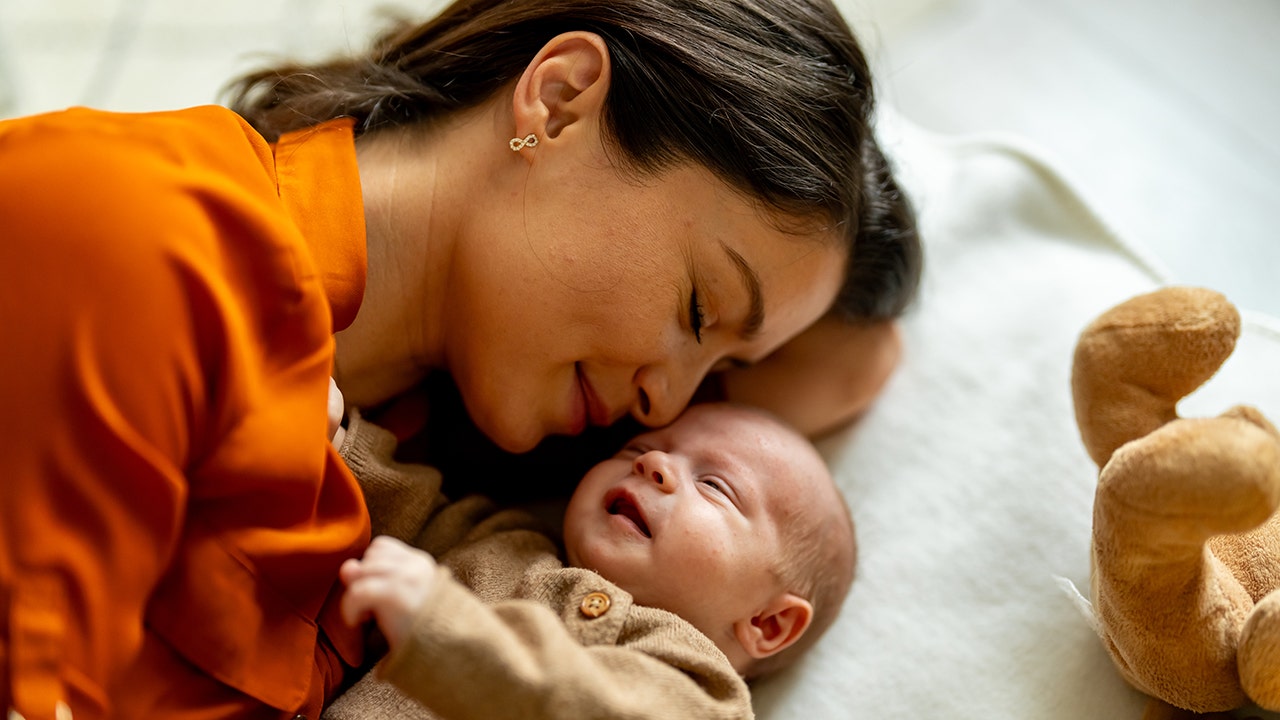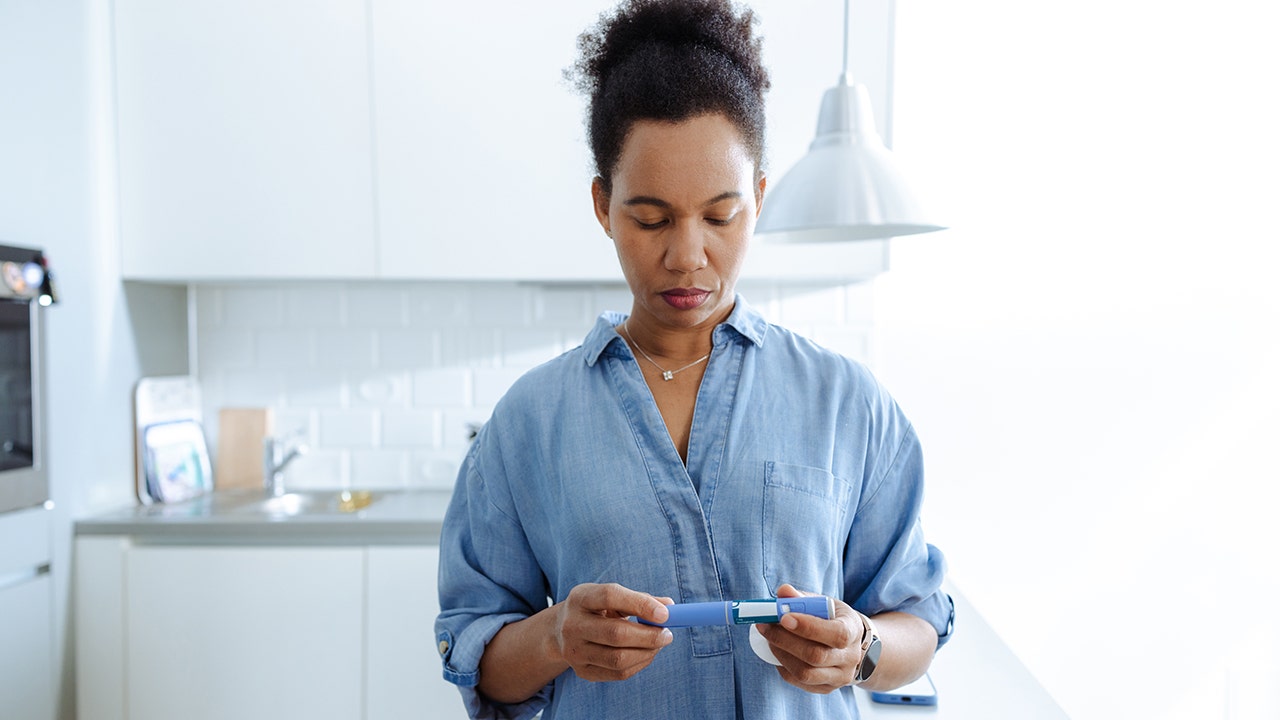The teen pregnancy epidemic could be waning, data suggests.
For the first time in U.S. history, more women over the age of 40 are having kids compared to teen moms, according to new data from the Centers for Disease Control and Prevention (CDC).
This reflects the trend of more Americans either opting not to have kids or postponing them until later.
AMERICANS ARE HAVING FEWER BABIES AS BIRTH RATE HITS HISTORIC LOW, CDC REVEALS
The total number of U.S. births declined by 14% between 1990 and 2023, according to the March 2025 report.
During this time, birth rates among females younger than 20 decreased by 73%, marking the steepest percentage drop of all age groups.
This resulted in a decline from one in eight teen births in 1990 to one in 25 in 2023.
Women between 20 and 24 also had 44% fewer births from 1990 to 2023, while they dropped by 23% among 25- to 29-year-olds.
EGG-FREEZING IS ‘EXPLODING’ AMONG SOME AGE GROUPS – HERE’S WHAT WOMEN MUST KNOW
The number of births among women aged 30 to 34 increased by 24%. Women between 35 and 39 experienced a steep 90% increase in births.
Women 40 and older marked a new high for birth rates, seeing a 193% surge from 1990 to 2023.
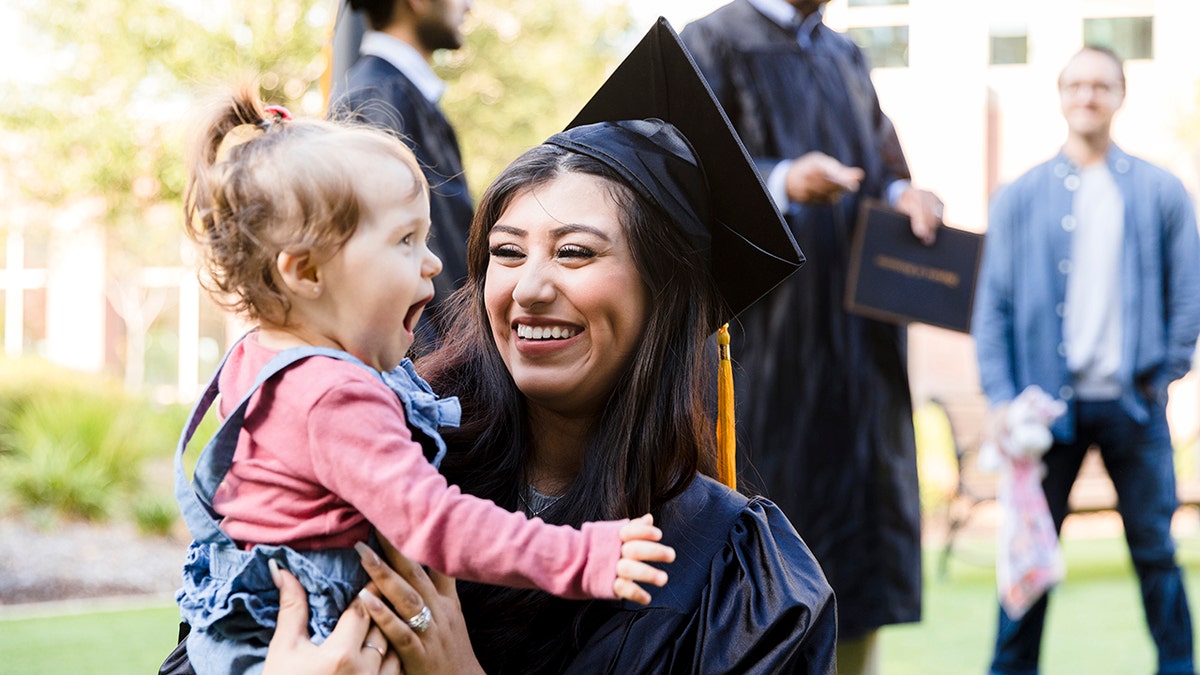
In 1990, women over 40 accounted for 1.2% of births. In 2023, that percentage had increased to 4.1%.
Women over 30 accounted for more than one-half of births (51.4%) in 2023, compared to only three in 10 births in 1990.
The CDC found that these age-specific changes caused a shift in maternal age distributions.
PREGNANT WOMEN STRUGGLE TO FIND CARE IN ‘MATERNITY DESERTS,’ NEW STUDY FINDS
In 1990, females younger than 30 accounted for seven in 10 births (69.8%). But in 2023, this age group accounted for less than one in two (48.6%).
“The magnitude of the decrease in birth rates among females younger than 30 was greater than the magnitude of the increase in rates among women 30 and older, resulting in declining overall fertility rates,” the CDC commented in the report.
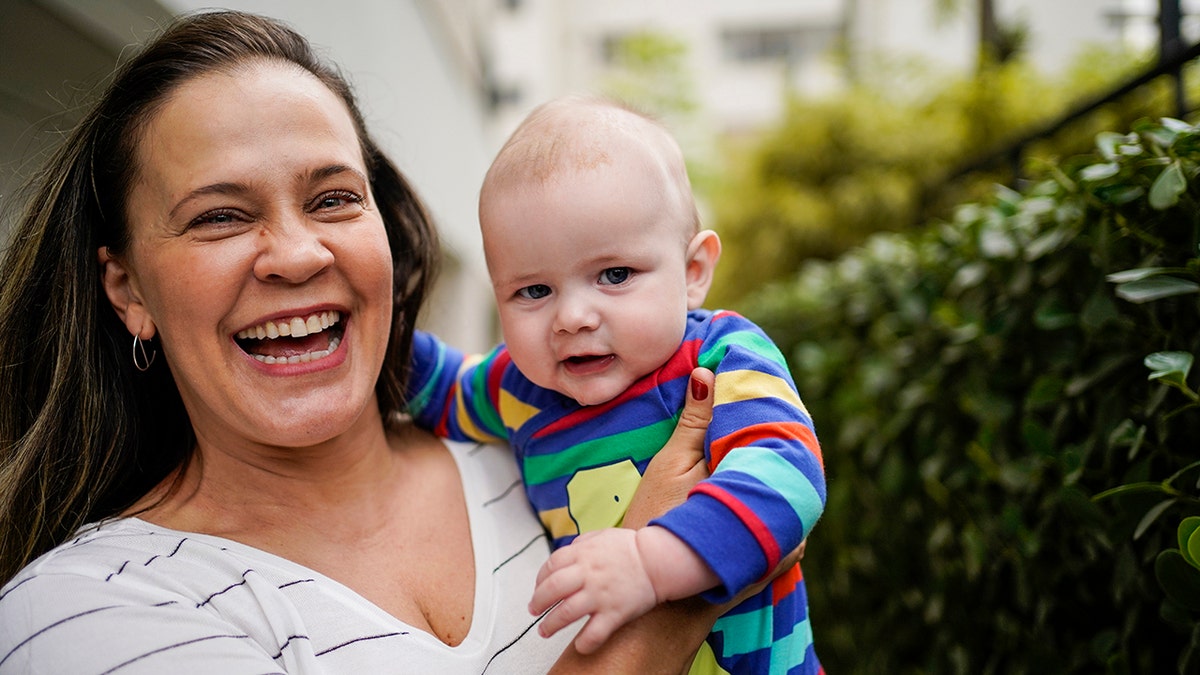
“The decline in fertility rates over the past few decades results from declining rates among females younger than 30, coupled with smaller increases in rates among older women.”
Dr. Ashley Wiltshire of the Columbia University Fertility Center in New York commented on this shift in fertility in an interview with Fox News Digital.
CLICK HERE TO SIGN UP FOR OUR HEALTH NEWSLETTER
“This shift is likely due to the combination of advancements in both contraception methodologies and assisted reproductive technology (ART),” she said.
“The goal of both entities is to improve the overall reproductive autonomy for all women — from those who do not want to conceive to those who do.”
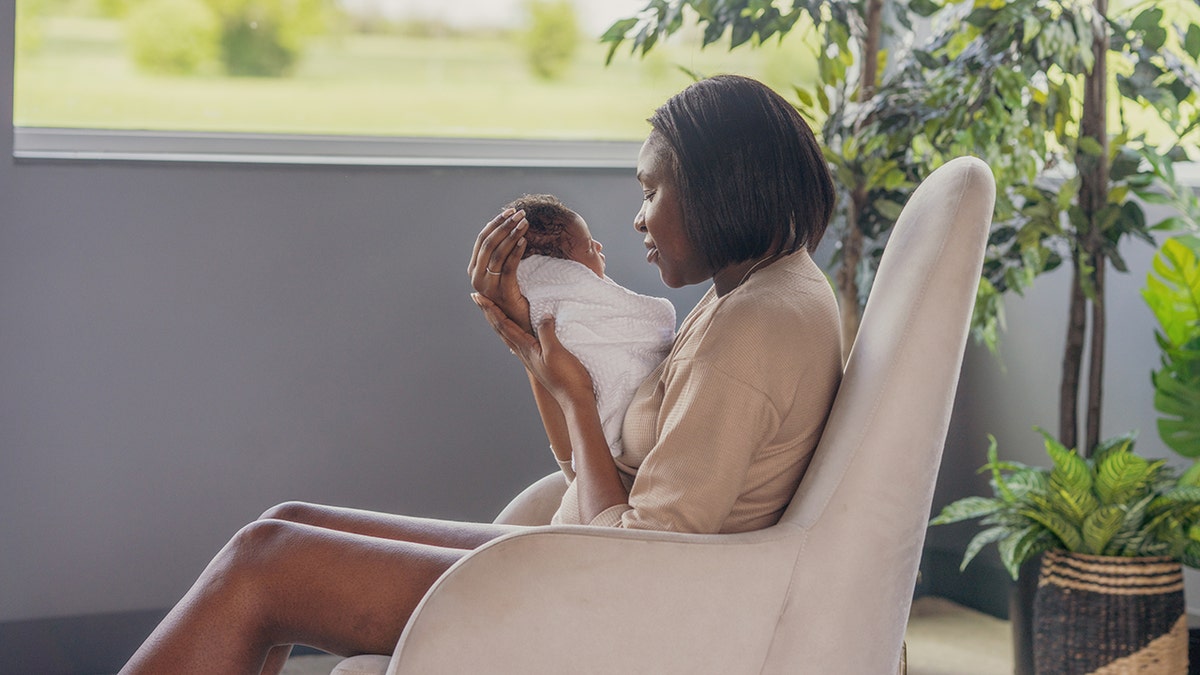
This includes people who seek out single parenthood, those in same-sex relationships and those who delay childbearing for personal or medical reasons, Wiltshire added.
For more Health articles, visit www.foxnews/health
As egg freezing and embryo banking become more popular among women in their late 20s and 30s, Wiltshire agreed that these methods can “greatly increase an individual’s odds of conceiving at later ages.”
“Additionally, donor egg is also a commonly utilized treatment option that can significantly improve the odds of pregnancy and livebirth later in life,” she added.
Read the full article here

